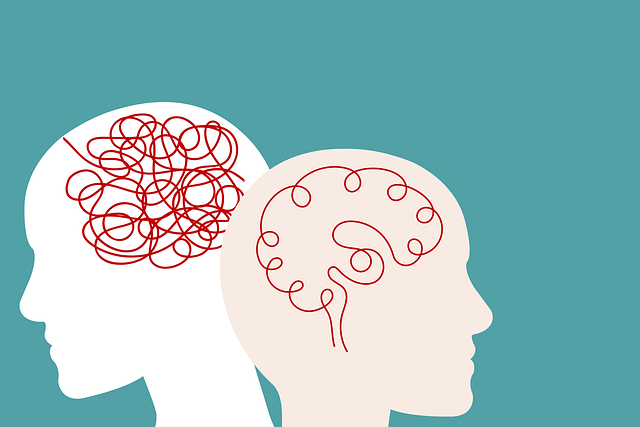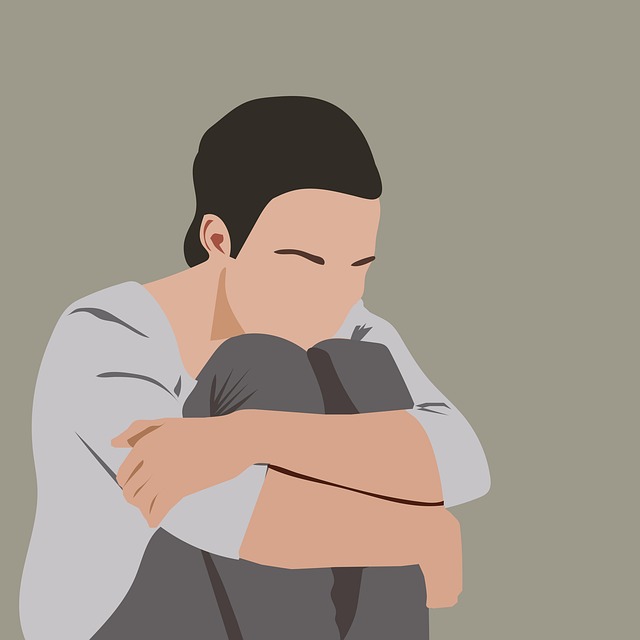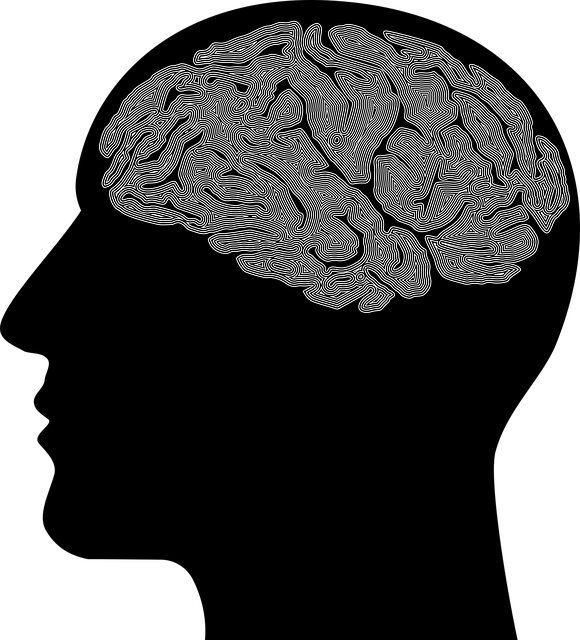Self-care is crucial for children's well-being, promoting physical, mental, and social development through healthy habits. Techniques like Cognitive Processing Therapy (CPT), empathy building, and conflict resolution help kids process emotions, understand experiences, and manage feelings. CPT equips young ones with coping skills and enhanced cognitive abilities, leading to positive mental changes. Integrating CPT techniques at home, along with structured routines and mindfulness, supports children's overall well-being, boosting confidence and mood management skills through consistent practice.
Self-care is an essential aspect of overall well-being, especially for young children whose brains are still developing. This article delves into the world of self-care practices tailored for children, focusing on Cognitive Processing Therapy as a powerful tool to enhance their cognitive development. We explore practical strategies for parents and caregivers, emphasizing mindfulness and play’s role in fostering healthy minds. By understanding and implementing these techniques, we can support young individuals in navigating their emotions and promoting long-term mental well-being.
- Understanding Self-Care and Its Benefits for Young Children
- Exploring Cognitive Processing Therapy as a Powerful Tool
- Implementing Effective Self-Care Practices at Home
- The Role of Mindfulness and Play in Child's Cognitive Development
Understanding Self-Care and Its Benefits for Young Children

Self-care is an essential aspect of overall well-being, especially for young children who are still developing their emotional and cognitive abilities. It involves fostering healthy habits and strategies that promote physical, mental, and social growth. By incorporating self-care practices early on, children can build resilience, enhance their coping mechanisms, and develop a positive sense of self. This, in turn, equips them with the tools to navigate challenges and manage emotions effectively as they grow older.
For young kids, self-care can take various forms tailored to their age and needs. Cognitive Processing Therapy (CPT), for instance, is a therapeutic approach that helps children make sense of their experiences and emotions, fostering inner strength development. Empathy building strategies and conflict resolution techniques are also vital components, teaching them to understand and manage their feelings as well as interact positively with peers. These practices contribute significantly to the holistic development of young individuals, ensuring they can thrive in a world full of complexities and stimuli.
Exploring Cognitive Processing Therapy as a Powerful Tool

Cognitive Processing Therapy (CPT) is a highly effective approach that focuses on transforming negative thought patterns and enhancing emotional resilience, making it particularly beneficial for young children. This therapy aims to help kids understand and manage their emotions by improving their cognitive processing abilities. By teaching them coping skills development, CPT strengthens their inner strength development, enabling them to navigate challenging situations with increased confidence.
For mental health professionals, integrating CPT into practice involves mastering risk management planning techniques. This ensures a safe and supportive environment where children can explore their thoughts and feelings without fear of judgment. Through this process, young individuals gain valuable insights, learn effective coping strategies, and build adaptive behaviors, all of which contribute to long-lasting positive changes in their mental well-being.
Implementing Effective Self-Care Practices at Home

Implementing effective self-care practices at home is a powerful way to support your overall well-being, especially when incorporating techniques that have been proven successful in therapy settings. Cognitive Processing Therapy (CPT), for instance, can be adapted into everyday routines to enhance mental health. This form of therapy focuses on helping individuals process and manage their thoughts and emotions, which is crucial for young children navigating their feelings. By integrating CPT strategies, parents can guide their kids in developing a healthier relationship with their emotions, thereby boosting confidence and improving mood management skills.
A structured self-care routine development is key to reaping these benefits. Start by identifying activities that promote relaxation and calmness, such as deep breathing exercises or engaging in creative outlets like art or music. Incorporate regular physical activity, ensuring it’s age-appropriate, as this releases endorphins and improves overall mood. Additionally, setting aside dedicated time for hobbies and social connections fosters a sense of belonging and boosts resilience. Remember, consistent practice is key to seeing improvements; make these self-care practices an integral part of your family’s daily or weekly routine.
The Role of Mindfulness and Play in Child's Cognitive Development

Mindfulness and play are integral components that contribute to a child’s cognitive development and overall mental wellness. Through these activities, young minds develop essential skills for emotional regulation and cognitive processing. Studies have shown that Cognitive Processing Therapy, often used in addressing anxiety relief for children, can be enhanced through mindful practices and imaginative play. These therapeutic techniques encourage children to engage with their thoughts and emotions in a non-judgmental manner, fostering better understanding and coping strategies.
Incorporating play into therapy sessions allows children to express themselves creatively, making the process more engaging and effective. Social Skills Training, for instance, can benefit from playful interactions that encourage empathy, communication, and collaboration. By seamlessly integrating mindfulness practices into these play-based therapies, therapists can create a nurturing environment that supports both cognitive growth and improved mental health outcomes in children.
In conclusion, fostering healthy self-care practices is paramount for young children’s overall well-being. By understanding the significance of self-care and integrating evidence-based approaches like Cognitive Processing Therapy (CPT), parents and caregivers can significantly enhance a child’s cognitive development. Mindfulness and play, integral components of CPT, offer a unique synergy, enabling children to navigate their emotions effectively while promoting growth. Adopting these practices at home creates a nurturing environment, ensuring children develop resilience and emotional intelligence for life.










